Infrastructure development has been one of the key factors driving our country’s progress on the economic front in recent years, while also contributing towards robust growth in the commercial vehicle sector. Team MOTORINDIA speaks to Devkinandan Agarwal, Director – Mechanical, G.R. Infraprojects on India’s road development and the importance of having reliable and durable construction vehicles to get the job done in the best and most efficient way possible
Contributing to nearly 9% of the country’s overall GDP, the infrastructure and logistics industry plays an instrumental role in the Indian economy, driving the move towards progress and development. Despite the setback caused by the pandemic in the first half of the current fiscal, data suggests promising growth trends for the sector, which is expected to grow at a CAGR of 7% from 2020 to 2025, propelled by development demands and focused government initiatives. As the gradual unlocking of the country urges the resumption of major construction projects, one can expect a much-awaited surge in the industry; especially with the government extending dedicated efforts for infrastructure, coupled with plans to spend approximately 1.4 trillion USD worth of investment.
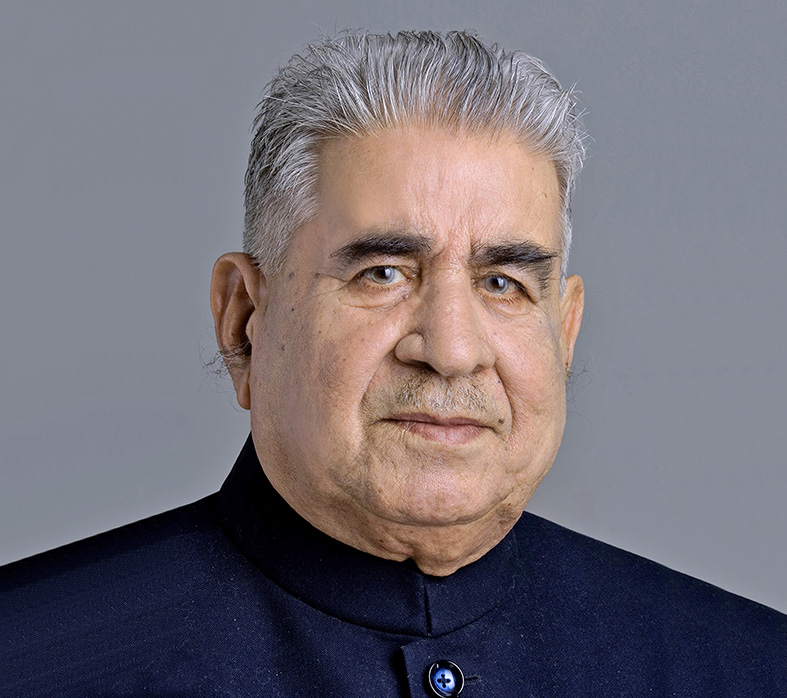
Although the infrastructure industry comprises a variety of activities, the most prominent of which fall under the umbrella of civil construction, involving large-scale and localised projects. Specifically, the construction of roads, flyovers, controlled-access expressways enjoy extended focus from the government because of the fundamental role they play in facilitating connectivity. One major company in India involved in undertaking the planning and implementation of such road construction projects is G.R. Infraprojects Limited.
Founded by Late Gumani Ram Agarwal as M/S Gumani Ram Agarwal, in 1965, it was later incorporated as ‘G.R. Agarwal Builders and Developers Limited’ in 1995. G.R. Infraprojects formally gained its present name in 2005. It executed one of its first road projects in Rajasthan from Bikaner to Pahlodi, in 1965. Today, it is one of the leading road engineering, procurement and construction (EPC) companies in the country, having constructed over 89 projects across 19 states in India, since 2006. In addition to EPC projects, the company also operates and manages one road project on a build, operate, transfer (BOT) basis, and is constructing four road projects under the hybrid annuity model (HAM) – with more than 12 projects of HAM in process. The company declared its annual turnover Rs 9,500 crore in the last FY and presently company has projects worth Rs 20,000 crore in the pipeline. The company has a strong track record of completing the projects before schedule and one of the prime examples is the border road project of 1970-71 from Jaisalmer to Miajlar that was completed 6 months before the stipulated time.
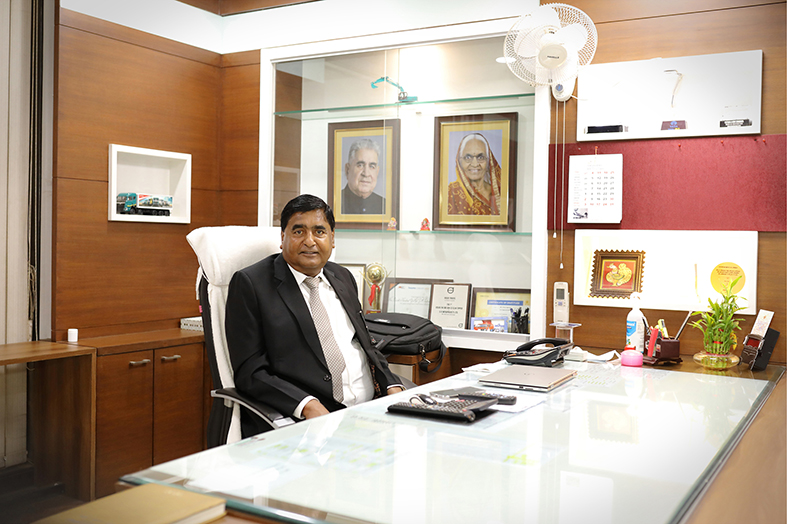
One aspect that plays a pivotal role in aiding the process of construction is the presence of a resilient, reliable and efficient fleet of vehicles, suited for construction applications. Speaking of the extensive fleet composition of the company, Devkinandan Agarwal, Director – Mechanical, G.R. Infraprojects, says, “Most of our vehicles specifically ply in NHAI projects and include roughly 900 tippers, 300 ready-mix concrete (RMC) mixers, 250 water tankers, 200 utility vehicles, 100 tractor trailers and 400 additional vehicles used in other construction transportation applications. As is evident, to cater to our projects, we need a strong fleet of durable vehicles that provide maximum efficiency.”
This is why, contends, Agarwal, the company prefers Tata Motors vehicles as the best choice for his fleet, “We have been using Tata vehicles for our applications since 1964. Currently, more than 60% of our fleet consists of Tata Motors vehicles, with over 600 tippers that include both Tata LPK and Signa tippers, over 200 water tankers and transit mixers and over 80 trucks, some of which are the latest Tata Prima models. All the Tata variants are pre-fitted with Fleet Edge telematics system and features like track and trace, trip playbacks, geo-fencing and driver behaviour monitoring go a long way in providing valuable data to optimise fuel consumption and efficiency.”
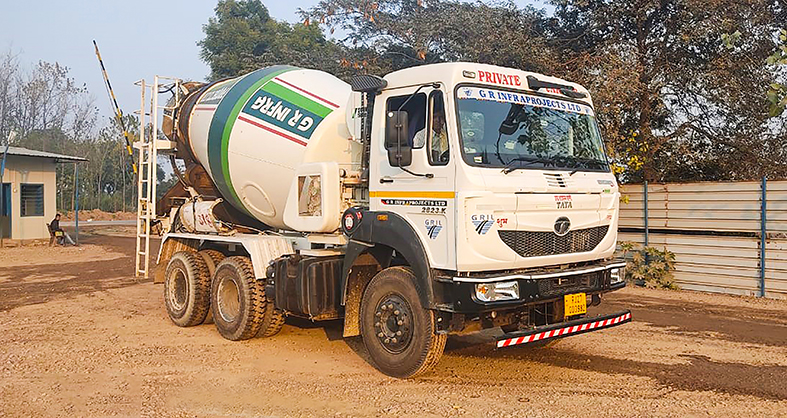
“Overall, I would say opting for Tata Motors over other brands certainly has to do with the quality of products we get and the strong, effective aftersales support for our fleet in all the various project sites across the country,” says Agarwal, “Its sturdy vehicles are built to provide excellent performance ensuring the desired productivity to meet the stringent project timelines. Further, we receive effective and prompt aftersales support from the team during the vehicle-in-use phase, with swift responses at all times. This really helps us complete the projects before time, thus helping us avail bonus in projects. This really helps us lower our total cost of operations, preventing any unwanted roadblocks in our projects.”
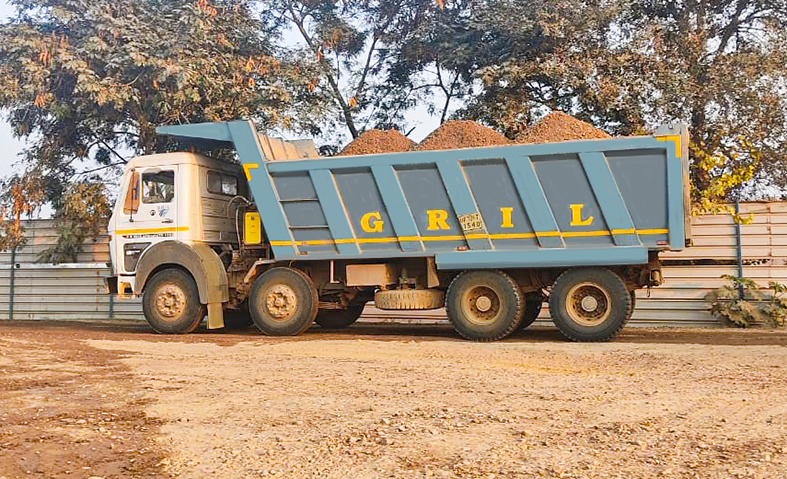
Expressing satisfaction at the Tata Motors service experience, the Director shares, “We have always received prompt and effective services from the Tata Motors service network across the country, and even at remote project sites like in Meghalaya and Manipur. When we required assistance at our Devarapalli site in Andhra Pradesh, we received swift manpower deputation, along with a provision of spares and containers. The sales and service teams have engaged with us constantly, consulting us about our needs as customers, and attempting to incorporate our suggestions through newer technological innovations in their models.”
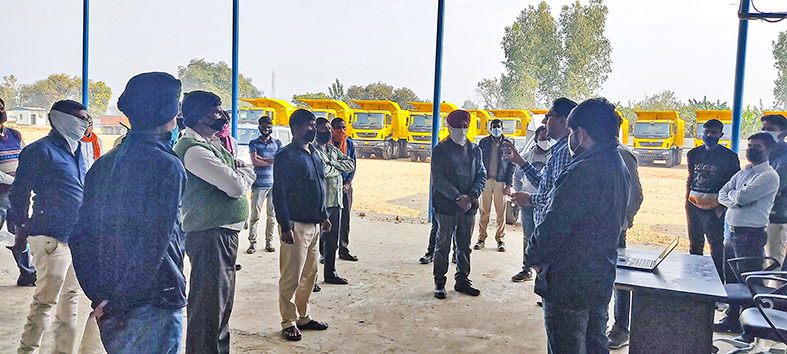
“Our drivers have also benefited greatly from the safety and comfort of Tata Motors vehicles, as well as the range of value-added services provided under Sampoorna Seva offerings”, he mentions. Features like Hill Start Assist (HSA), engine brake and traction control have gone a long way in helping drivers feel more control and comfort in their vehicles. The regular training programme conducted by the Tata team has further helped them understand how to put these features to use, thus resulting in optimum utilisation and longer vehicle life.
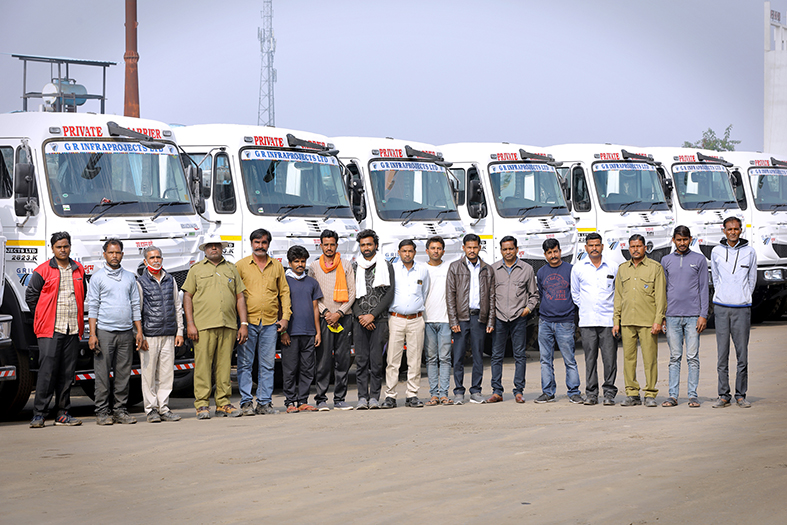
Speaking of Tata’s additional offerings dedicated for drivers, Agarwal notes, “All our drivers are enrolled under the Tata Samarth programme, and avail most of the benefits provided within it, especially getting regular health check-ups done under Swasthya Samarth.”
“Looking ahead, we wish undertake more projects from NHAI and diversify our applications to railway and metro line construction”, he says, while adding, “We are sure Tata Motors will remain a steady partner to support our aspirations. We are especially eager to add more vehicles from the Tata Motors’ BS-VI range in our fleets, as these promise to offer enhanced benefits with better fuel efficiency and lesser downtime. This can benefit our overall productivity significantly.”
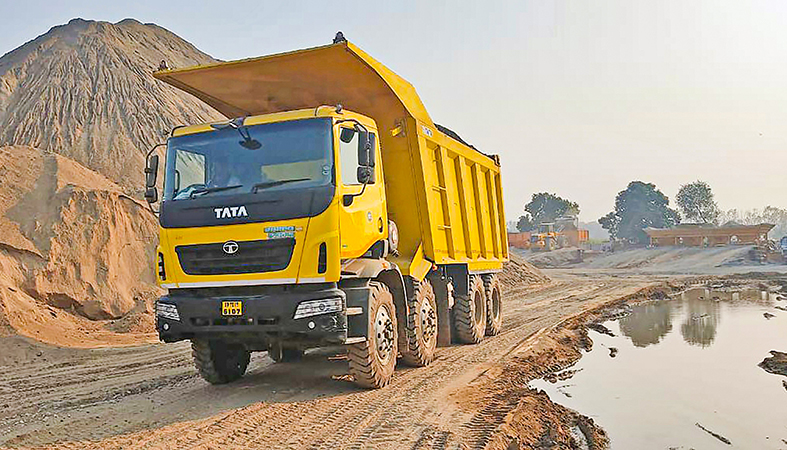
With major construction projects in the pipeline, and broader action plans set by the government to foster as much development as possible, the next few decades will be very important for India. As the country gears up to action more robust infrastructural developments for an evolved future, the consistent efforts of companies like G.R. Infraprojects will decisively drive this move, supported by its resilient association with Tata Motors.
—
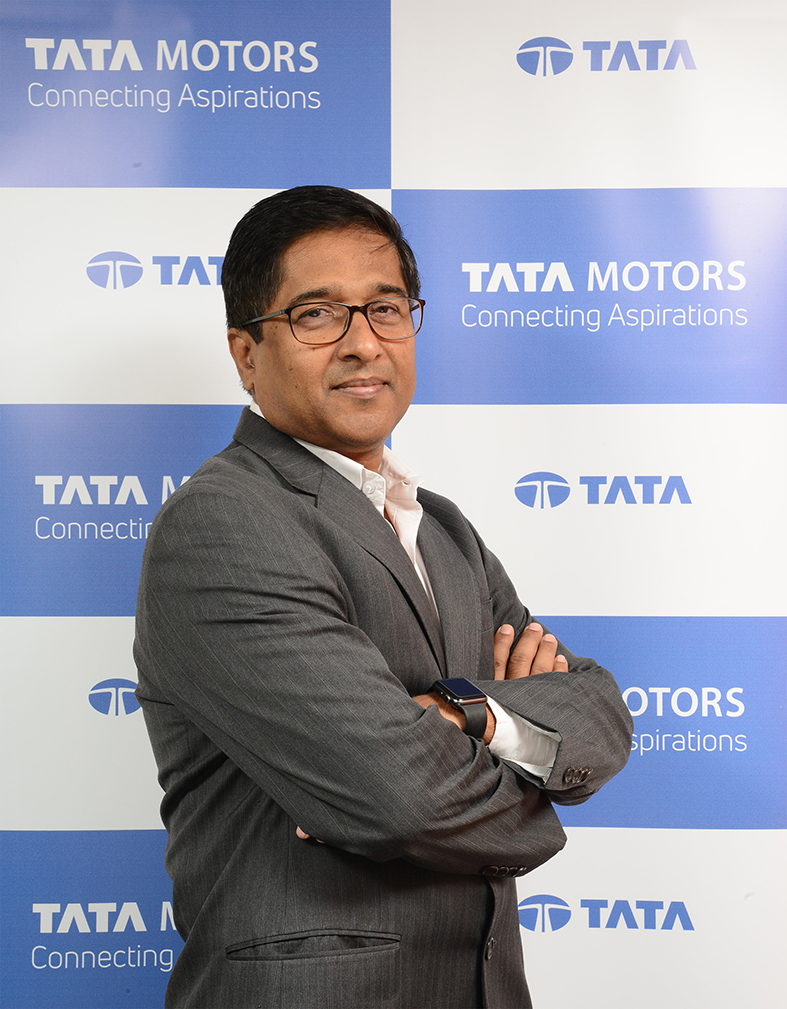
“The partnership between Tata Motors and G.R. Infraprojects is over two decades old and has been a mutually beneficial one. The invaluable insights that we have gained from their feedback has helped us improve our existing models extensively, which has resulted in superior performance and reliability ensuring higher productivity at minimum operation costs. Our training programmes customised to meet the drivers’ needs have buttressed our partnership even further, resulting in a growth in human capital. At Tata Motors, our priority has been to provide unmatched customer experience that focuses on yielding maximum productivity. I trust our alliance with G.R. Infraprojects continues to strengthen with time, helping both organisations reap mutual benefits and scale greater heights of success.
– RT Wasan, Vice President, Product Line, M&HCV, Tata Motors